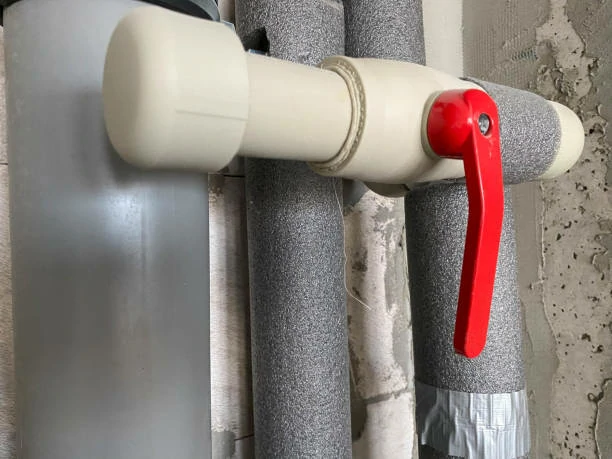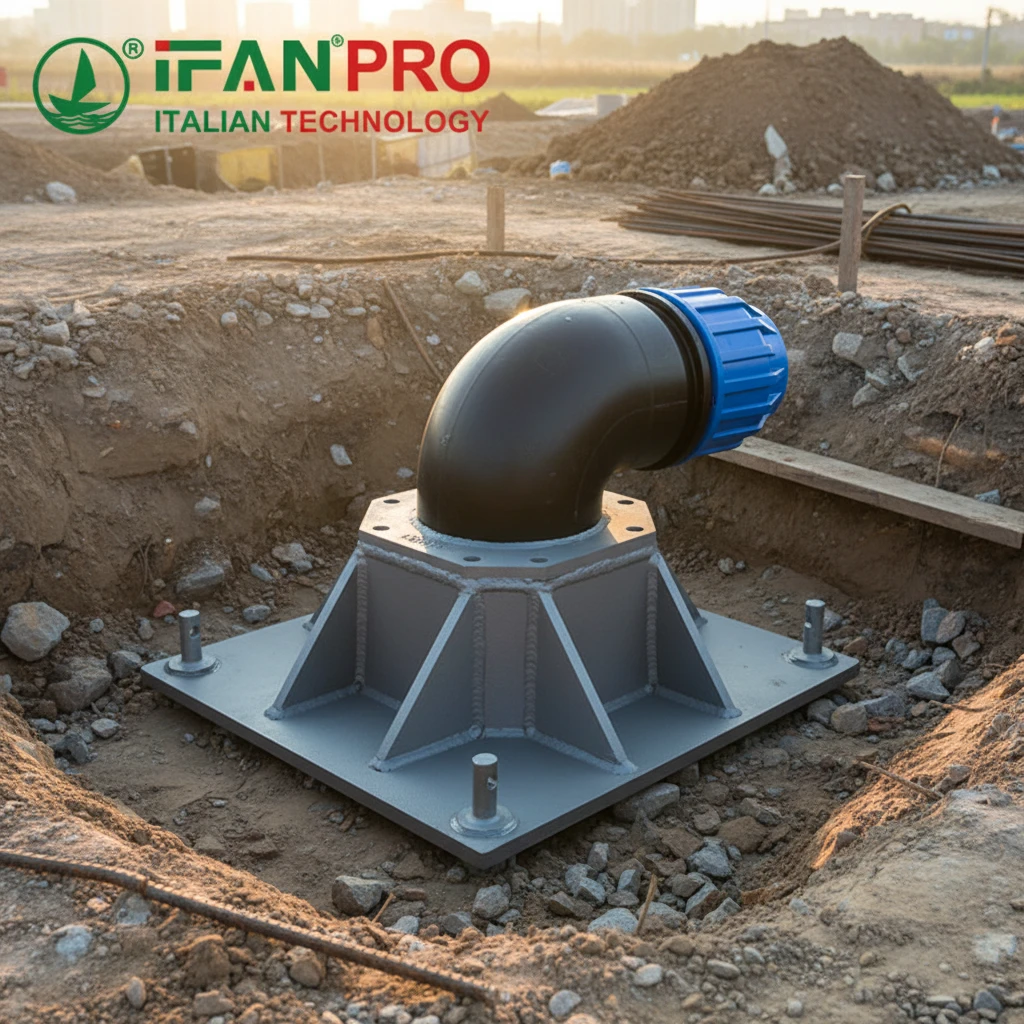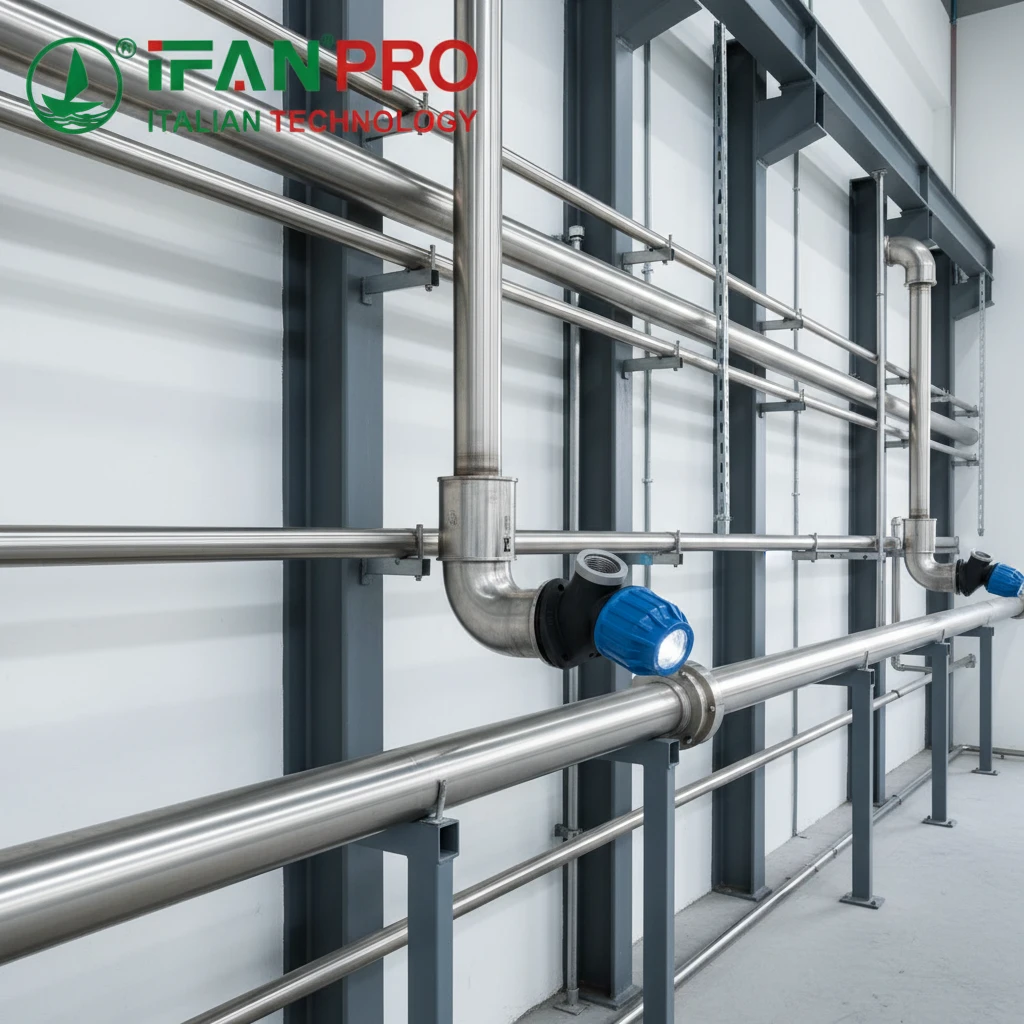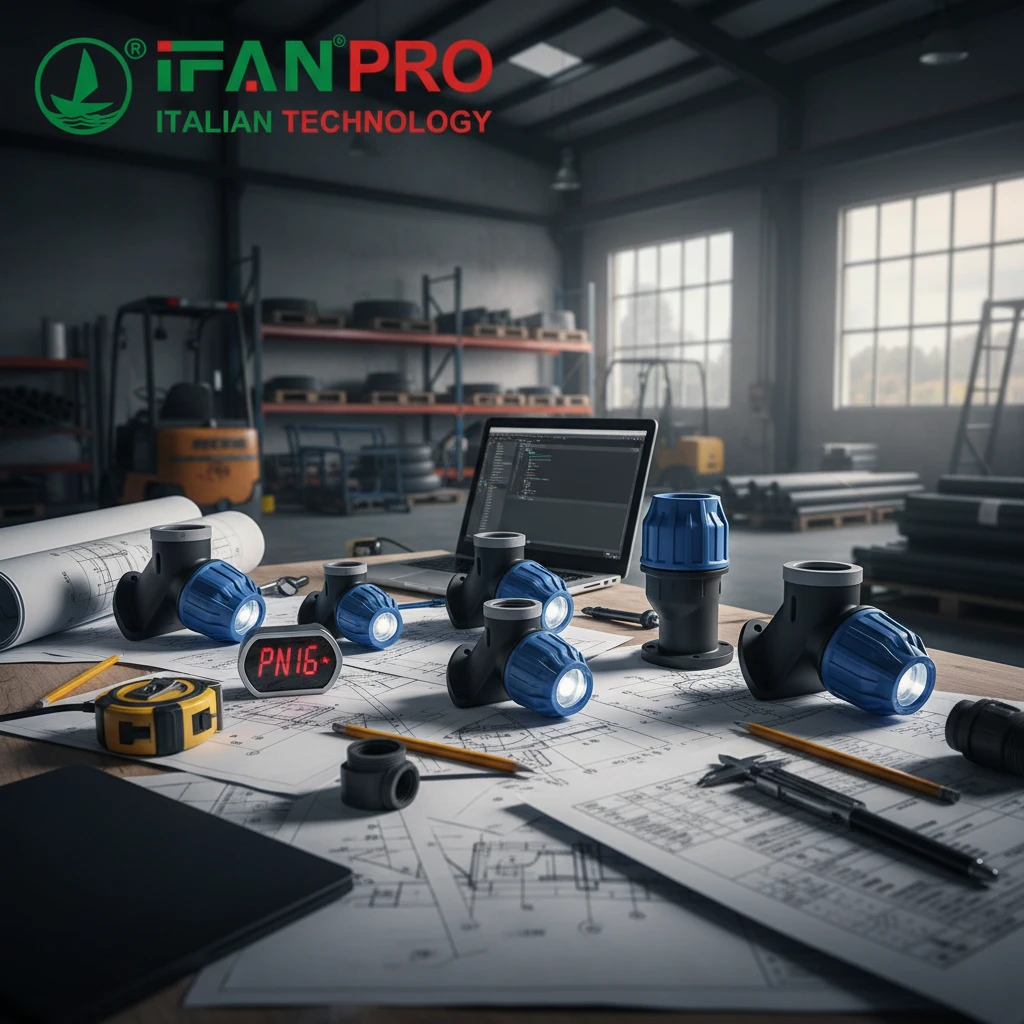CPVC (Chlorinated Polyvinyl Chloride) valves have become a staple in the construction industry due to their excellent durability, resistance to corrosion, and ease of installation. These valves play a crucial role in controlling the flow of liquids and gases within building systems, including plumbing, HVAC, and fire protection. Understanding the factors that influence CPVC valve prices helps builders, contractors, and project managers make informed decisions that balance cost with performance.
Material Costs and Production
The cost of CPVC valves primarily depends on the raw materials used in their production. CPVC resin, which undergoes a chlorination process, provides enhanced properties compared to standard PVC. This additional processing step increases the cost of the material. Variations in the global market for chemical resins directly affect the price of CPVC valves.
Manufacturing CPVC valves involves advanced technology and machinery, which impacts production costs. Extrusion processes, molding, and quality control measures all contribute to the final price. Efficient production techniques can lower costs, allowing manufacturers to offer competitive prices for CPVC valves.
Size and Specifications
The size and specifications of CPVC valves significantly influence their prices. Valves come in various sizes, from small fittings to larger control valves. Larger valves require more material and engineering, resulting in higher prices. For example, a 2-inch CPVC valve costs more than a 1-inch valve due to the increased material volume and complexity.
Pressure ratings also affect valve prices. Valves designed to handle higher pressures often feature thicker walls and enhanced construction, leading to higher costs. Builders need to choose valves that match the specific pressure requirements of their systems, balancing price with performance.
Brand and Quality
The brand of CPVC valves can impact their price, with well-established manufacturers often commanding higher prices due to their reputation for quality. Reputable brands invest in rigorous testing and quality assurance processes to ensure that their valves meet industry standards and offer reliable performance.
On the other hand, generic or lesser-known brands may offer lower-priced valves, but these may come with trade-offs in terms of quality and durability. Builders should carefully evaluate the reputation of the brand and the quality of the valves to ensure they meet project requirements and standards.
Market Demand and Supply
Market demand and supply dynamics play a significant role in determining CPVC valve prices. During periods of high construction activity or increased demand for building materials, prices may rise. Conversely, during slowdowns or declines in construction projects, prices may decrease.
Seasonal factors can also influence CPVC valve prices. For instance, demand for construction materials often peaks during warmer months, leading to higher prices. Understanding these market trends helps buyers plan their purchases and potentially take advantage of lower prices during off-peak seasons.
Geographic Location and Distribution
Geographic location affects the price of CPVC valves due to variations in transportation and distribution costs. Buyers located near manufacturing facilities or distribution centers may benefit from lower prices due to reduced shipping costs. In contrast, remote locations or regions with limited suppliers may experience higher prices due to increased transportation expenses.
Import tariffs and local regulations also impact valve prices. In regions that rely on imported CPVC valves, tariffs and taxes can increase the overall cost. Understanding regional factors and sourcing options can help buyers manage costs effectively.
Installation and Labor Costs
While the material cost of CPVC valves is a significant factor, installation and labor costs also contribute to the overall expense. CPVC valves require specific fittings, adhesives, and tools for proper installation. Skilled labor is necessary to ensure correct installation and adherence to building codes and standards.
In some cases, lower-priced valves may require more frequent maintenance or replacements, leading to higher long-term costs. Investing in high-quality CPVC valves may reduce installation time and maintenance needs, resulting in cost savings over the life of the system.
Application-Specific Factors
The application of CPVC valves within building systems affects their price. Different systems, such as plumbing, HVAC, and fire protection, have unique requirements that impact valve selection and pricing.
In plumbing systems, CPVC valves control the flow of water and provide resistance to high temperatures and pressure. These valves often come with specific certifications and standards that ensure their performance in residential and commercial water systems. The complexity and certification requirements can influence the price of CPVC valves used in plumbing applications.
In HVAC systems, CPVC valves manage the flow of water or refrigerants, ensuring proper heating and cooling. The valves used in HVAC applications may require specialized designs to handle different temperature ranges and pressures, affecting their cost.
In fire protection systems, CPVC valves play a critical role in controlling the flow of water in sprinklers and other suppression systems. These valves must meet stringent safety and performance standards, which can impact their price.
Environmental and Sustainability Considerations
As sustainability becomes increasingly important in construction, eco-friendly options for CPVC valves are emerging. Some manufacturers focus on producing valves with reduced environmental impact, using sustainable practices and materials. While these eco-friendly valves may come at a higher cost, they offer benefits such as lower energy consumption and reduced environmental footprint.
Builders and project managers who prioritize sustainability can invest in these options to align with green building standards and reduce the overall environmental impact of their projects.
Cost Comparison: CPVC vs. Other Materials
When comparing CPVC valves to those made from other materials, such as metal or traditional PVC, CPVC often proves to be a cost-effective choice. Metal valves, such as brass or stainless steel, typically come with higher material and installation costs. While they offer excellent durability and heat resistance, CPVC valves provide comparable performance at a lower price.
Traditional PVC valves, while generally less expensive, may not offer the same level of heat resistance and durability as CPVC. For applications requiring higher temperature resistance or chemical resistance, CPVC valves often represent a better value despite their higher initial cost.
Conclusion
CPVC valve prices in the construction industry depend on various factors, including material costs, size, brand, market demand, and geographic location. While lower-priced options may seem attractive, investing in high-quality CPVC valves often provides long-term benefits, including durability and reduced maintenance.
Builders and contractors should consider the specific requirements of their projects and the factors influencing valve prices to make informed decisions. By understanding these factors and planning accordingly, they can achieve a balance between cost and performance, ensuring successful project outcomes and efficient use of resources.
Top 6 PVC Pipe Manufacturers
| Company | Establishment Date | Company Address |
| Ifan | 1993 | Zhuji, Zhejiang |
| JM Eagle | 1982 | Los Angeles, California, USA |
| Charlotte Pipe and Foundry | 1901 | Charlotte, North Carolina, USA |
| North American Pipe Corporation | 1992 | Houston, Texas, USA |
| Genova Products | 1962 | Davison, Michigan, USA |
| Ipex | 1947 | Oakville, Ontario, Canada |
IFAN is a brand that offers products that meet a wide range of international standards, ensuring the quality and reliability of every product. CPVC product standard including:ASTM2846, DIN 8079/8080, ASTM F441/F441M SCH80, DIN, DIN, GB/T 18993 series standard, AS/NZS 1477, CSA B137.6, NSF/ANSI 14, TIS 17-2532/1131-2535. IFAN is committed to providing high quality products and excellent service!
Connect
IFAN is a Chinese manufacturer of plastic pipes, fittings and valves with 30 years of experience. If you are interest in IFAN copper fittings, copper valves, plastic pipes and fittings, please contact us. IFAN offers you a variety of standard pipes to meet your specific needs. Click below to learn more about IFAN’s wide range of affordable and cost-effective valve products and piping system related products.
We will reply your email or fax within 24 hours.
You can call us at any time if there is any question on our production.
For more information,pls visit our webside https://ifanpro.com/
Pls Mailto: [email protected]
Whatsapp: + 86 19857948982














Recent Comments